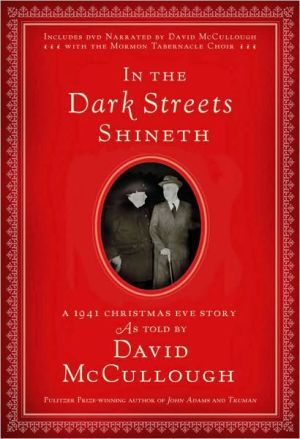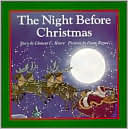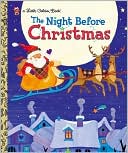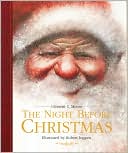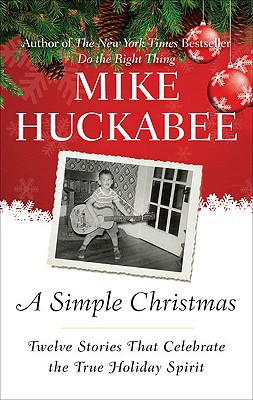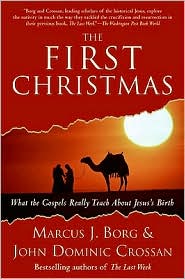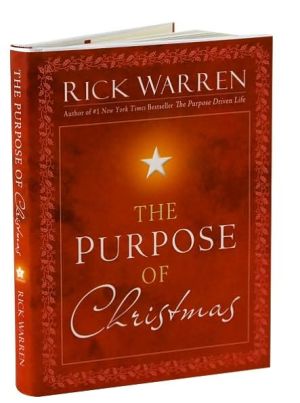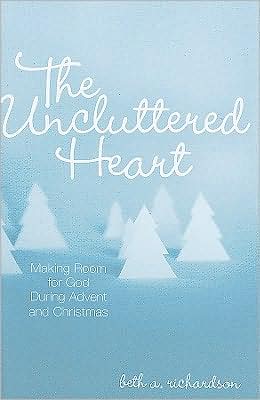In the Dark Streets Shineth: A 1941 Christmas Eve Story
Days after the Japanese attack on Pearl Harbor, British Prime Minister Winston Churchill and U.S. President Franklin D. Roosevelt met at the White House. It was Christmas Eve, 1941. As war raged throughout the world, the two leaders delivered a powerful message that still resonates today. Bestselling author and historian David McCullough relates a compelling story about the spirit of Christmas and the power of light in difficult, dangerous times.\ \ Beautifully designed with historic...
Search in google:
Days after the Japanese attack on Pearl Harbor, British Prime Minister Winston Churchill and U.S. President Franklin D. Roosevelt met at the White House. It was Christmas Eve, 1941. As war raged throughout the world, the two leaders delivered a powerful message that still resonates today. Bestselling author and historian David McCullough relates a compelling story about the spirit of Christmas and the power of light in difficult, dangerous times.Beautifully designed with historic photographs that transport readers to the early days of World War IIIncludes a DVD of David McCullough's presentation of this story at the Mormon Tabernacle Choir's 2009 Christmas concert, to be featured nationally on PBS School Library Journal Gr 3 6—This is partly an account of the 1941 Christmas Eve addresses to the nation by President Roosevelt and Prime Minister Churchill from the White House; partly a short history of two songs ("Oh Little Town of Bethlehem" and "I'll Be Home for Christmas"); and partly a photo album of Americans at Christmastime during World War II. Because of this scattered approach, the purpose is a bit unclear; the subtitle suggests that the focus is that famous 1941 Christmas Eve address, but the first line of the book, "Music is a part of our history," leads readers to expect a greater emphasis on that subject. McCullough doesn't do justice to either topic and the random selection of period photos fails to shed any additional light. The book is handsome, and the full texts of Churchill's and Roosevelt's speeches are included, which is a bonus. However, this isn't particularly successful as either a Christmas book or an account of an important moment in history.—Eva Mitnick, Los Angeles Public Library
\ From Barnes & NobleNational Book Award winner and Pulitzer Prize winner [XXX]David McCullough is a talented historian, but as readers of his Truman and 1776 know, he's also a captivating storyteller. Both those talents snap into sharp focus in this Christmas Eve story about two world leaders contemplating a shared future. On December 24th, 1941, just seventeen days after the Japanese attack on Pearl Harbor, British Prime Minister Winston Churchill and U.S. President Franklin Delano Roosevelt met at the White House. What unfolded there was not just a session on battle strategies; it was a conference between two leaders about what the world could become after the present conflagration. Illustrated with photographs, In the Dark Streets Shineth is accompanied with a DVD of McCullough's presentation of the story at the 2009 Mormon Tabernacle Choir holiday celebration.\ \ \ \ \ \ School Library JournalGr 3–6—This is partly an account of the 1941 Christmas Eve addresses to the nation by President Roosevelt and Prime Minister Churchill from the White House; partly a short history of two songs ("Oh Little Town of Bethlehem" and "I'll Be Home for Christmas"); and partly a photo album of Americans at Christmastime during World War II. Because of this scattered approach, the purpose is a bit unclear; the subtitle suggests that the focus is that famous 1941 Christmas Eve address, but the first line of the book, "Music is a part of our history," leads readers to expect a greater emphasis on that subject. McCullough doesn't do justice to either topic and the random selection of period photos fails to shed any additional light. The book is handsome, and the full texts of Churchill's and Roosevelt's speeches are included, which is a bonus. However, this isn't particularly successful as either a Christmas book or an account of an important moment in history.—Eva Mitnick, Los Angeles Public Library\ \
